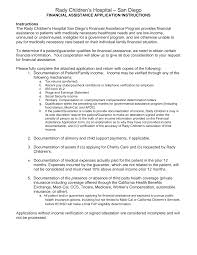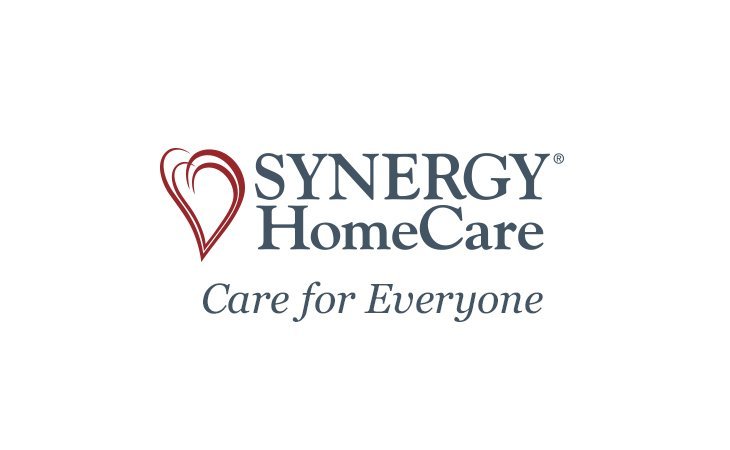
Pediatric neurosurgery refers to a subspecialty under neurosurgery. This includes all types of surgery for the nervous system, spine cord, brain, and other areas. Pediatric neurosurgery has the goal of treating children with neurological disorders. Children's Hospital of Philadelphia has surgeons who treat all ages.
Dr. Cohen
Dr. Cohen is the chief pediatric neurosurgeon at Johns Hopkins. He previously served as the chairman of the Department of Neurosurgery at Boston Children's Hospital. He is also an assistant professor at Harvard Medical School in neurology. He has numerous honors and awards, including the National Achievement Award for Children's Miracle Network.
Dr. Cohen's experience and training in minimally invasive spinal surgery has earned him a reputation as a prominent surgeon in the United States. He pioneered stereotactic EEG technology for treating epilepsy in children. He is both board-certified in pediatric and adult neurosurgery.
Dr. Pollack
Dr. Pollack is co-director of University of Pittsburgh Cancer Institute. He also co-directs the University of Pittsburgh Brain Tumor Center. He is also the chief of pediatric neurosurgery at Children's Hospital of Pittsburgh. He has more than 370 publications in refereed journals and has edited three books on pediatric brain tumors.

Patients' Choice honors doctors who have made a positive contribution to their patients' lives. The certification is based on a physician's overall score and bedside manner. Dr. Pollack graduated from Johns Hopkins University School of Medicine with a medical degree in 1984. He is board certified for Neurological Surgery and is affiliated the Children's Hospital of Pittsburgh Of UPMC.
Dr. Abel
Pediatric neurosurgeons can help children with neurological conditions such as Parkinson's and epilepsy. Dr. Abel, one of the division's surgeons, is also a member. His background as a soldier helps him provide a unique perspective on his practice. He is an ideal choice for children with complex neurological issues. His compassionate approach to care has produced many successful outcomes.
Dr. Abel is board-certified in pediatric neurosurgery, and specializes in movement disorders and epilepsy. His clinical interests include neuromodulation, traditional neurosurgical approaches and advanced neuromodulation. Additionally, he provides treatment for patients with hydrocephalus, congenital and acquired spinal anomalies, as well as brain tumours.
Dr. McDowell
Dr. McDowell is interested in skull base and craniocervical problems in children. He also participates in noninvasive monitoring. He is currently working with Carnegie Mellon University investigators on a new technology that will measure intracranial pressure for children and adults.
Dr. McDowell completed his medical training at the University of Pittsburgh Medical Center. He is currently a neurosurgery fellow at UPMC Children's Hospital of Pittsburgh and will join the University of Pittsburgh Department of Neurological Surgery at Children's Hospital of Pittsburgh on July 1, 2022. He received his undergraduate biochemistry degree from Arizona State University, and was named valedictorian of the 2005 class.

Dr. Robinson
Dr. Robinson is an experienced pediatric neurosurgeon, board-certified in pediatric neurosurgery. Robinson has been in practice for fifteen years. He has subspecialty interests, in addition to his primary speciality, in cerebral palsy movement disorders and traumatic head injury. He is also proficient in Selective Dorsal Rhizomy, Deep Brain Stimulation, and the Baclofen Pump.
Numerous organizations have recognized Dr. Robinson as an outstanding pediatric neurosurgeon. She was recently elected to the Executive Council of the American Society of Pediatric Surgeons (ASPS), one of the most prestigious pediatric neurosurgical societies in the country. She was elected the first female member to the Council, and she is expected to succeed her as its president. She is also affiliated with Piedmont Hospital and Northside Hospital.
FAQ
What is a health system in public health?
Health System refers to all the activities involved in providing medical services for a population. This includes financing, regulation, education, training and information systems.
What are the services of health care?
Patients must know that they have easy access to quality healthcare. We are here to help, no matter if you need an emergency appointment or a routine visit.
We offer many different types of appointments, including walk-in clinics, same-day surgery, emergency department visits, and outpatient procedures. Home care visits are also available for patients who live away from our clinic. And if you don't feel comfortable coming into our office, we'll ensure you receive prompt treatment at your local hospital.
Our team includes pharmacists, dentists and other professionals committed to excellent patient service. We aim to ensure that each visit is as convenient and painless as possible.
What should I know regarding immunizations
Immunization refers to the stimulation of an immune response to vaccines. The body responds to the vaccine by making antibodies (immunoglobulins) that protect against infection.
What is my role in public health?
Participation in prevention programs can help you and others protect their health. You can also help improve public health by reporting illnesses and injuries to health professionals so they can take action to prevent future cases.
Statistics
- For the most part, that's true—over 80 percent of patients are over the age of 65. (rasmussen.edu)
- For instance, Chinese hospital charges tend toward 50% for drugs, another major percentage for equipment, and a small percentage for healthcare professional fees. (en.wikipedia.org)
- Price Increases, Aging Push Sector To 20 Percent Of Economy". (en.wikipedia.org)
- Healthcare Occupations PRINTER-FRIENDLY Employment in healthcare occupations is projected to grow 16 percent from 2020 to 2030, much faster than the average for all occupations, adding about 2.6 million new jobs. (bls.gov)
- About 14 percent of Americans have chronic kidney disease. (rasmussen.edu)
External Links
How To
What is the Healthcare Industry Value Chain (or Value Chain)?
All activities that are involved in providing healthcare services for patients make up the healthcare industry value chain. This includes the operations of hospitals and clinics as a whole, and the supply chain that connects them to other providers. The final result is a continuum in care that begins with diagnosis, and ends with discharge.
The value chain consists of four major components.
-
Business Processes – These are the tasks that individuals perform throughout the delivery of health care. One example is that a doctor might do an examination and prescribe medication. The prescription will then be sent to a pharmacy for dispensing. Each step must always be done quickly and accurately.
-
Supply Chains – The entire network of organizations responsible for ensuring that the right supplies reach those who need them. A typical hospital has many suppliers. They include pharmacies as well lab testing facilities, imaging center, and even janitorial employees.
-
Networked Organizations: To coordinate these entities, it is necessary to have some means of communication between them. Hospitals have many departments. Each has its own number of phones and offices. The central point will allow employees to get up-to-date information from any department.
-
Information Technology Systems- IT is vital in ensuring smooth business processes. Without it, things would fall apart quickly. IT is also a platform that allows for the integration of new technologies into the system. A secure network connection can be used by doctors to connect electronic medical records to their workflow.